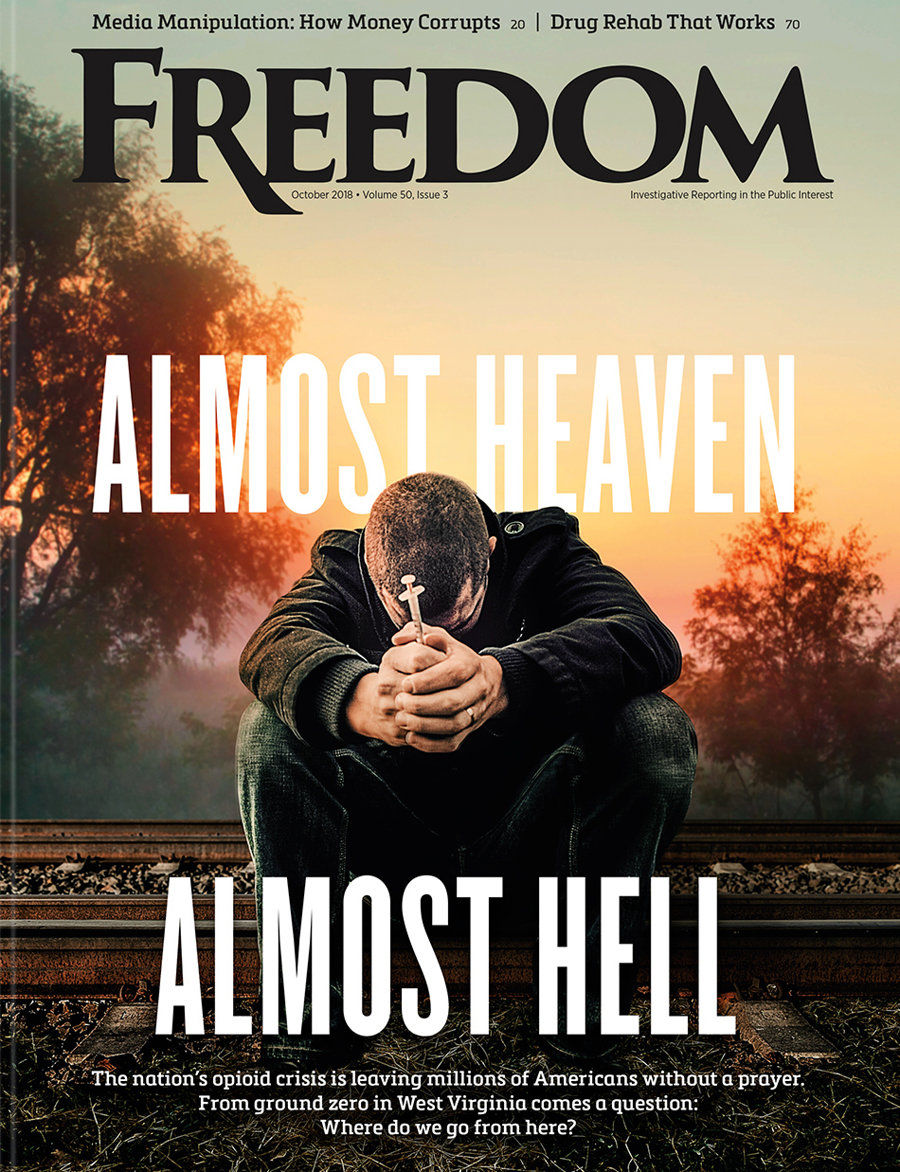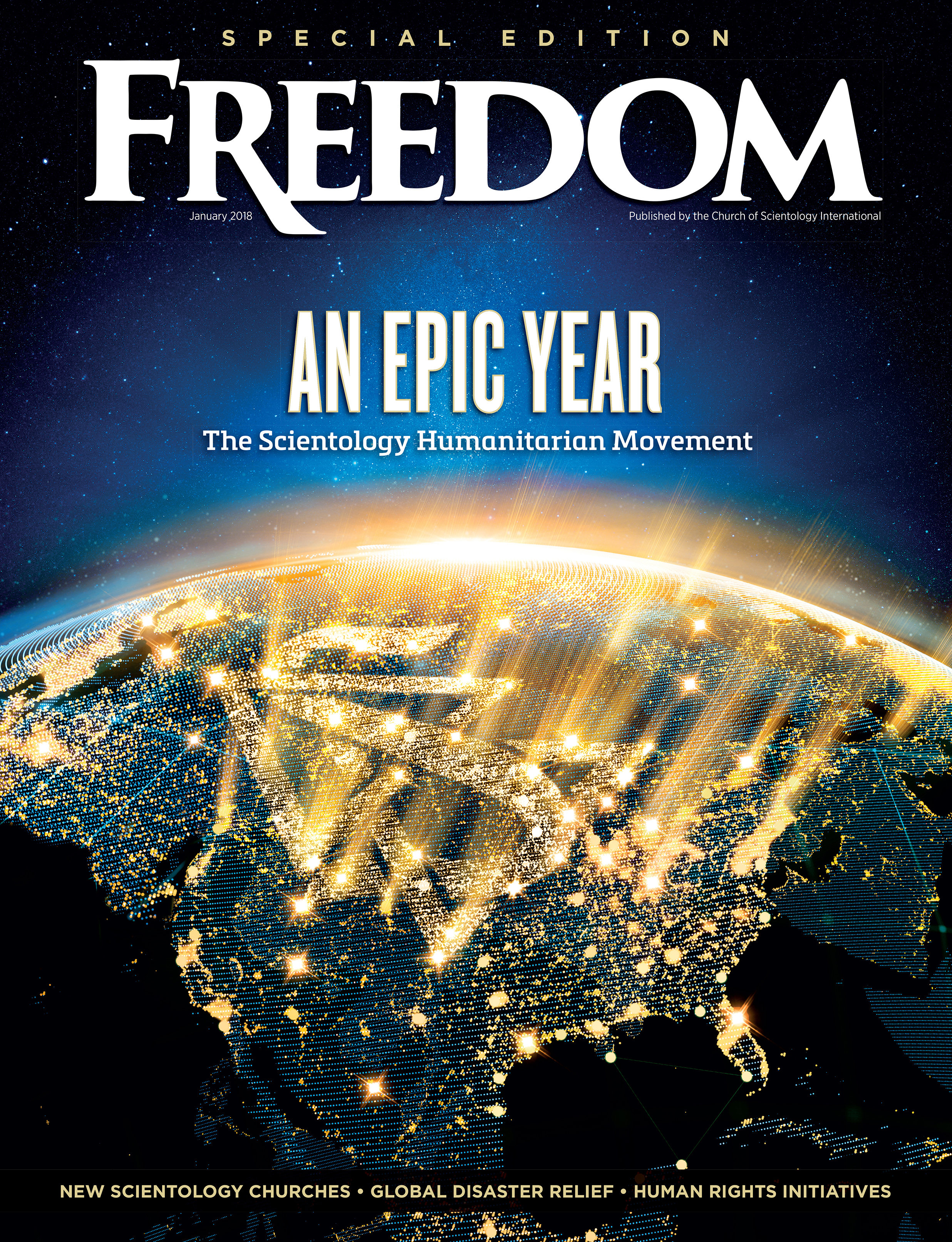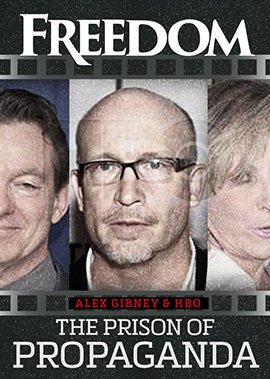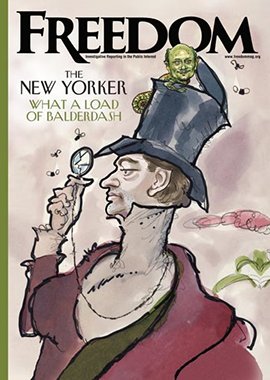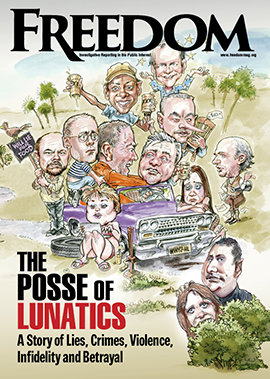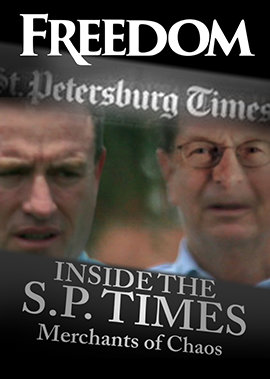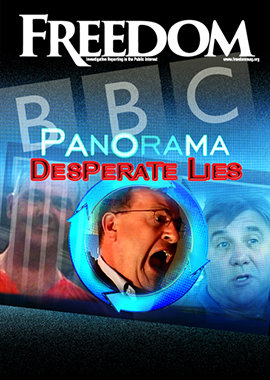In other words, most of Europe has surrendered—just put up their hands and cried uncle amid the flood of heroin and other drugs deluging the continent, preferring to sweep their junkies off the streets into comfortable, private centers where they can destroy themselves in a safe, clean environment, only to return to the streets right after.
It’s like putting lipstick on a pig. Who called off the war on drugs?
We’re going to change the language we use, huh? Are addictive drugs now called “candy”?
To be clear, this is much more than a cowardly chickening-out by a few addict-infested cities. Oh no. This is a genuine full-blown “movement” with over 100 of these places scattered across Belgium, Denmark, France, Germany, Greece, Luxembourg, the Netherlands, Norway, Portugal, Spain, Switzerland, Australia, Canada, Mexico and the US.
Apparently, nobody cares that these drugs—the possession, use and sale of them—are illegal pretty much anywhere in the world, and law enforcement has abrogated their responsibility to do the very thing that gives them reason for existence: enforcing the law.
The newest center is located in Glasgow, Scotland—known far and wide as the “drug death capital of the world”—and cutely called “The Thistle.” The first such facility in the UK, its January opening became possible when Dorothy Bain, in effect the chief prosecutor in Scotland, announced “that it would not be in the public interest to prosecute drug users for simple possession offenses committed within a pilot safer drugs consumption facility.”
Drugs and Alcohol Policy Minister Elena Whitham responded with: “I welcome the position the [Ms. Bain] has taken. Glasgow authorities may now progress their proposal to set up a facility which can operate within the existing legal framework.”

In other words, the country’s top drug and crime cops have said: “Show up at the center, bring your dope, and we promise police won’t arrest you for possession or use of illegal drugs, no matter how illegal that may be.”
Since when do legal authorities, no matter how high and mighty, get to decide which laws to enforce and which crimes to ignore?
Apparently, now.
It’s costing Scottish taxpayers a whopping $2.9 million per year to operate their nifty shooting gallery. Inside, junkies who show up aren’t required to give their names. They’re met by a smiling staffer and asked only about what sort of drugs they intend to take and how they intend to take them. Then they’re handed an injecting pack with a hypodermic needle and politely ushered into eight “injecting booths.” Inside, there’s a tilted mirror so nurses can keep an eye on the addicts to make sure they don’t overdose—angled mirrors which ensure that only the nurse can see them, to protect their privacy. If they do overdose, helpful staffers can rush to them with a naloxone kit that counteracts an opioid overdose.
Every aspect of The Thistle has been designed through consultation with former junkies, to make sure addicts are happy with the service.
Dr. Saket Priyadarshi, the associate medical director of Glasgow Alcohol and Drug Recovery Services, said: “If you’re going to engage the population we’re trying to reach, this service has to be really different. They have often had difficult experiences with conventional health services, so that includes everything from the way the staff greet them at the door, the language we use—the meeting room is now called the chat room, the treatment room is called the health room—the fact staff won’t wear National Health Service uniforms.”
We’re going to change the language we use, huh?
Are addictive drugs now called “candy”?
Are drug needles now called “little sticky thingies”?
Three Scots die each day from drug use—the worst per capita rate in all of Europe.
The center also has soft armchairs, walls in muted colors, puzzles, coloring books and novels—everything the happy drug addict might want to enjoy their stay.
While The Thistle will provide a safer space for junkies to do drugs—perhaps protect them against HIV or other diseases from shared needles, and keep them safe from street thugs who might want to steal their dope or money—can anyone really believe that DCRs don’t encourage addiction and discourage rehabilitation?
The Thistle, open from 9 a.m. to 9 p.m., 365 days a year, inevitably carries a message that it’s okay to be a heroin or crack addict, and that the government approves of your addiction. Dope up to your heart’s content; we give up on trying to save you.
You’re hopeless.
Scotland’s death rate is enormous. Three Scots die each day from drug use—the worst per capita rate in all of Europe—and 1,500 drug-addicted babies were born in the nation in recent years.
In 2023, 1,172 people died due to drug misuse, a 12 percent increase from the previous year. Most of the deaths—80 percent—involved opioids like heroin.
The first DCR opened in Berne, Switzerland, in 1986.
Since then, there has been little evidence of how DCRs affect long-term drug abuse. “More studies are needed to improve the evidence on the extent to which DCRs may contribute to reducing both individual and community harms,” the European Union Drugs Agency says.
Right. We get it. The Thistle is an experiment. As Allan Casey, who convenes the city council’s addiction services, said, “All eyes are on Glasgow.”
Nobody knows what will happen.
The world is waiting to see whether this “no-tell motel” approach will result in any positive help to get people off narcotics or whether all the DCR supporters are doing is giving hopeless, unrepentant junkies nice places in which to kill themselves.
Wouldn’t it be better to not give up, to not assume that drug addiction is an unbeatable, all-powerful monster?
If you tell yourself you’re whipped, then you’re whipped.
Instead, let’s “man up,” stand up, recommit ourselves to saving our fellow man, and use all those same resources to give them hope for a new drug-free tomorrow.






